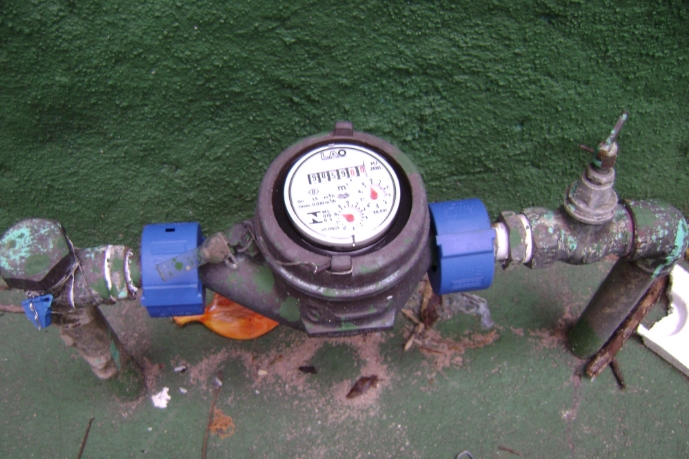
The Texas Water Development Board recently awarded Austin Water Utility a $165 million loan that will likely be used to transition consumers over to electronic smart water meters, as well as expand the city’s reclaimed water use program.
Hundreds of consumers affected by unusually high water bills last summer prompted Austin Water to apply for an $80 million loan to pay for new devices that would transmit data electronically.
Smart water meters can be difficult to read, however, due to the fact that they’re located underground in “harsh conditions,” often covered in dirt, water and insects.
Imperfect conditions make smart meters difficult to read
Austin Water is experimenting with new ways to read the meters — including via a mobile phone network and the one currently used for smart meters that govern electricity usage. The company is also considering developing its very own network that could read the devices electronically.
Smart water meters are predicted to give consumers “more time to address a leak or rein in their use before getting a large bill,” reports the Austin American-Statesman.
Under the new program, residents could receive text messages in the event of high water usage, notifying them about a potential leak, said Austin Water Director Greg Meszaros.
Currently, water usage is measured manually each month by an outside company that charges the city around $3.6 million per year.
The completion date for installing some 250,000 smart meters both within and outside the city would take about five to seven years, according to reports.
New devices linked to various health problems, privacy concerns
While the city is touting the potential new program as an improvement, the term “smart meter” doesn’t generate positive responses from everyone as the devices have been strongly linked to an array of moderate-to-serious health problems.
Electronic smart meters emit radiofrequency (RF) waves similar to that of cell phones, connecting them to a centralized computer system that transmits the data.
Some individuals are more sensitive than others to the RF radiation, causing various ailments including headaches, insomnia, tinnitus, anxiety, high blood pressure, strokes, cancer and diarrhea. The smart meters have also been linked to electrical problems and fires.
Smart meters have also generated grave privacy concerns due to the fact that consumers feel uneasy about their minute-by-minute data being streamed to local energy companies.
Austin Water said it will likely offer residents a chance to opt out of the program similar to the way Austin Energy permits consumers to opt out of smart meters used for electricity.
Sources:
http://www.govtech.com/fs/Austin-to-Spend-165-Million-for-Smart-Utility-Upgrade.html
http://www.dailyfreeman.com/opinion/20160722/letter-smart-meters-a-threat-to-health-safety
http://www.cancer.org/cancer/cancercauses/othercarcinogens/athome/smart-meters

